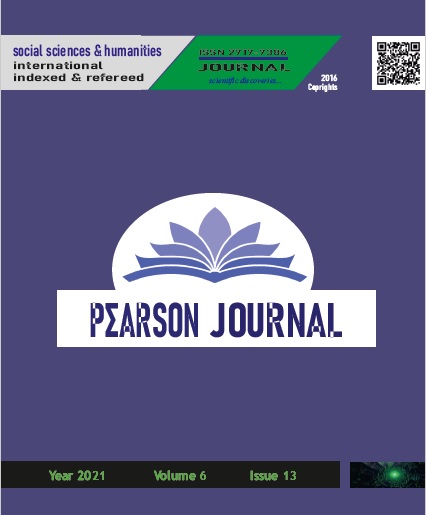THE RELATIONSHIP BETWEEN SELF-INTEREST AND RELIGIOUS CULTURE IN CAPITALISM
DOI:
https://doi.org/10.46872/pj.292Keywords:
Economic sociology, Protestant culture, Self-interest, Max WeberAbstract
With the Enlightenment thought, human behavior has begun to be explained with the idea of self-interest. By the beginning of industrial revolution, it has turned into a fashion to explain human behavior with self-interest. At the same time, self-interest ceased to be a sin but turned into a virtuous act. Modern social sciences are also based on self-interest principle. Europe's rise started with the Protestant Reformation. Protestant culture is modern, rational and individualistic culture. According to Weber, culture is an important variable and culture determines the economic path followed by capitalism. For Weber capitalism in Europe was born from rational Protestant culture. Without the Protestant culture, a different capitalism would emerge in Europe and America. In this context, there is a very close relationship between modern economic thought and Protestant culture. In this study, the emergence of the principle of self-interest and its relationship with the Protestant culture is touched upon. In the conclusion part of the study, the relationship between Protestant culture and capitalism, which was put forward by Max Weber, the founder of economics sociology, is emphasized.




